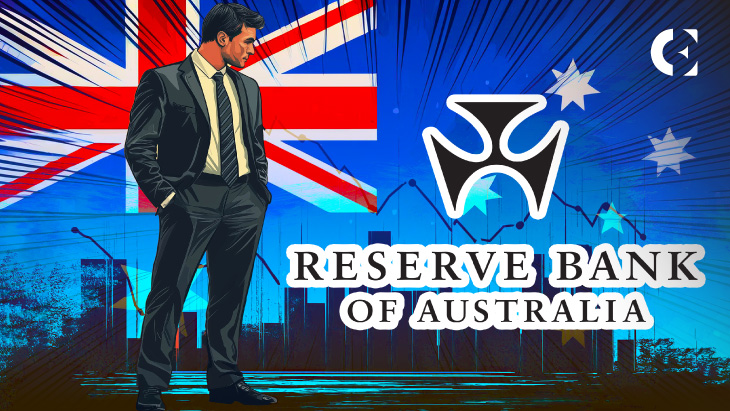- RBA holds interest rates at 4.35% for nearly a year, balancing inflation control.
- Core inflation remains stubborn at 3.9%, RBA aims for a target by 2026.
- Economists predict cautious RBA approach, potential rate cuts depend on inflation.
The Reserve Bank of Australia (RBA) has held its interest rates steady for almost a year now, showing confidence in the country’s fight against inflation. Even with concerns about high inflation, the central bank remains focused on stabilizing prices without causing major economic disruptions.
The decision to keep the rate at 4.35% shows the RBA’s way to curbing inflation alongside supporting the economy.
Since its peak in 2022, Australia’s inflation rate has dropped considerably thanks to improved supply chains and lower energy costs. Federal Treasurer Jim Chalmers highlighted the government’s successes in tackling inflation, noting that quarterly inflation now starts with a “three” instead of last year’s much higher figures.
While the latest inflation figures are encouraging, inflation is still higher than the RBA’s target. Chalmers stressed that the government’s cost-of-living measures, such as energy bill relief and reduced childcare costs, aim to ease the pressure on households while keeping inflation under control.
Read also: The RBA Keeps Interest Rates Unchanged at 4.35% Despite Market Turmoil
Core Inflation Remains Stubbornly High
Despite overall gains, core inflation—an important indicator—remains at 3.9%, still well above target. RBA Governor Michele Bullock acknowledged that while inflation has eased, it is proving “sticky.” The bank’s forecast predicts that inflation will not consistently return to its target range until 2026.
Bullock also reassured everyone that the current monetary settings are designed to maintain the delicate path toward lowering inflation, all without risking high unemployment. This careful balance will continue to guide the RBA’s decisions on future interest rate changes.
Consumer Sentiment: What to Expect from Future Rate Changes
Economists largely expected the RBA’s decision to maintain its current stance, especially after the Federal Reserve began cutting rates in the US. Meanwhile, Australia’s labor market remains strong, with low unemployment and high workforce participation.
The decision to keep rates the same can boost consumer confidence, with many expecting that the RBA’s next move might be rate cuts. In the words of CoreLogic’s Tim Lawless, the timing of these cuts remains uncertain, but the gradual decline in inflation suggests a potential shift in monetary policy could be coming. The RBA’s strategy indicates a measured approach, waiting for clearer signs before making any rate adjustments.
Disclaimer: The information presented in this article is for informational and educational purposes only. The article does not constitute financial advice or advice of any kind. Coin Edition is not responsible for any losses incurred as a result of the utilization of content, products, or services mentioned. Readers are advised to exercise caution before taking any action related to the company.







